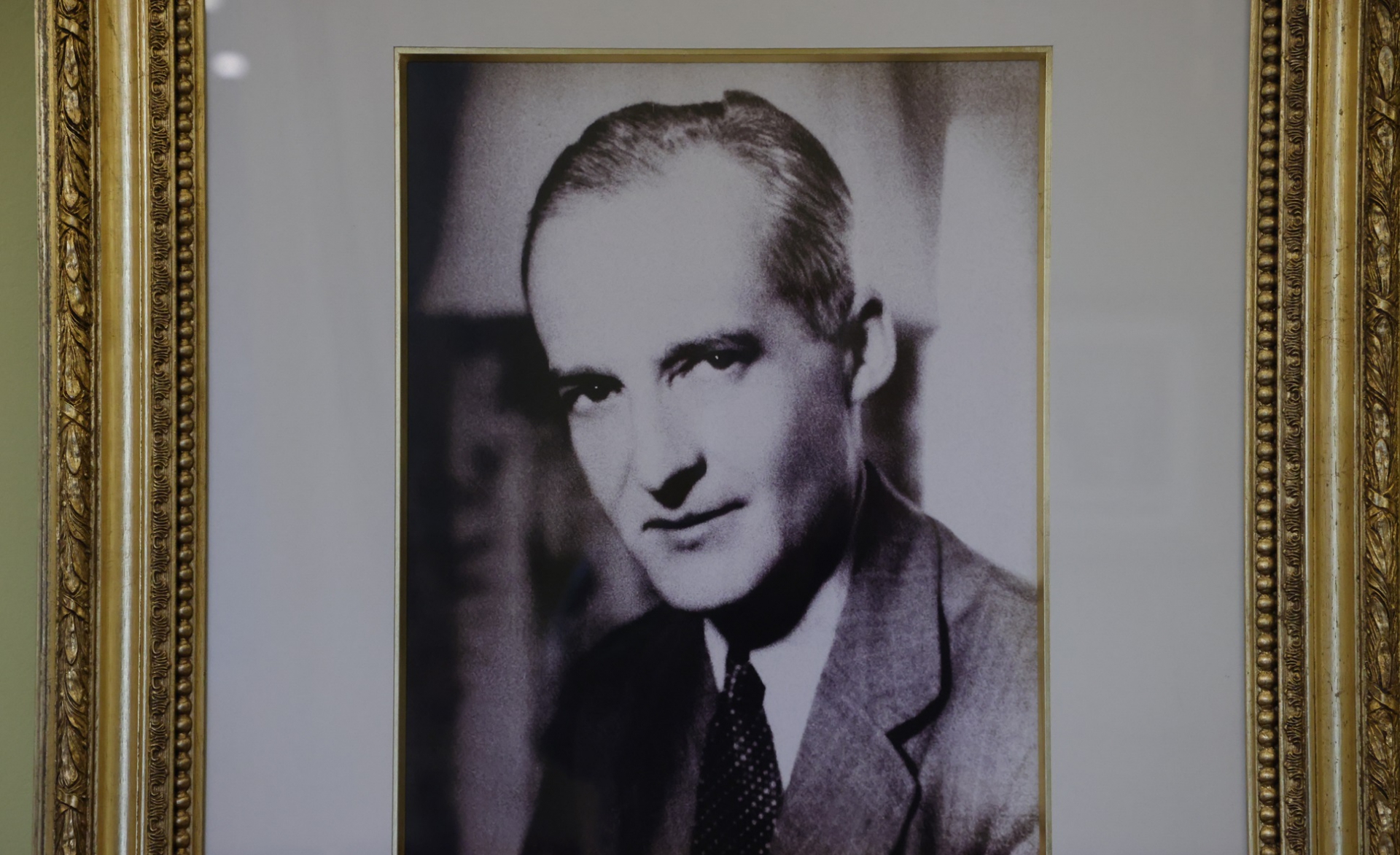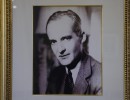On 27 October 1970, the Argentinian physician and biochemist Luis Federico Leloir was awarded the Nobel Prize in Chemistry, a recognition of his pioneering work in the study of sugar nucleotides and their role in the formation of carbohydrates.
Leloir won this prestigious award for his research into how sugar nucleotides play a fundamental role in the biosynthesis of carbohydrates, compounds essential for life. His work was key to understanding galactosemia, a hereditary disease that prevents the correct assimilation of milk sugar and, without treatment, can cause serious damage to vital organs such as the liver and kidneys, as well as affecting the central nervous system.
Luis Federico Leloir was born in Paris in September 1906, but at the age of two he moved to Argentina, the country that adopted him and where he developed his entire career. He graduated as a doctor from the University of Buenos Aires at the age of 26 and began his career at the Hospital de Clínicas. In 1947, thanks to the support of his mentor Bernardo Houssay, he became the director of the Instituto de Investigaciones Bioquímicas-Fundación Campomar, today known as Fundación Instituto Leloir.
At the institute, together with a team of collaborators, Leloir made discoveries that transformed the understanding of the biosynthesis of polysaccharides, essential in processes such as the formation of glycogen and starch, the building blocks of life.
One of Leloir's greatest contributions was the discovery of the ‘Leloir pathway’, a biochemical pathway detailing how the body transforms sugars into energy. This pathway describes the process by which galactose, a sugar found in dairy products, is converted into glucose, which is essential for cell function. His discovery led to a better understanding of how the body stores and uses energy from food, revolutionising our understanding of carbohydrates.
Leloir's breakthroughs not only provided theoretical knowledge. They were a fundamental step towards understanding metabolic diseases and their treatments, contributing to the well-being of millions of people around the world.
When Leloir received the Nobel Prize in Stockholm on 10 December 1970, he was surprised and humbled by the magnitude of the award:
‘The honour I have received far exceeds my most optimistic expectations,’ he said. In his modest style, he acknowledged the work of his collaborators and did not fail to stress that his work was possible thanks to the support of his colleagues and Argentinean scientific institutions.
Despite having achieved the greatest recognition in his field, Leloir remained a simple man, focused on research and the training of new generations of scientists.
Today, 54 years after being awarded the Nobel Prize, Federico Leloir's legacy is still present in science. His ‘Leloir way’ is studied in universities around the world, and his discoveries are an essential basis for current research on carbohydrate metabolism and carbohydrate-associated diseases.

